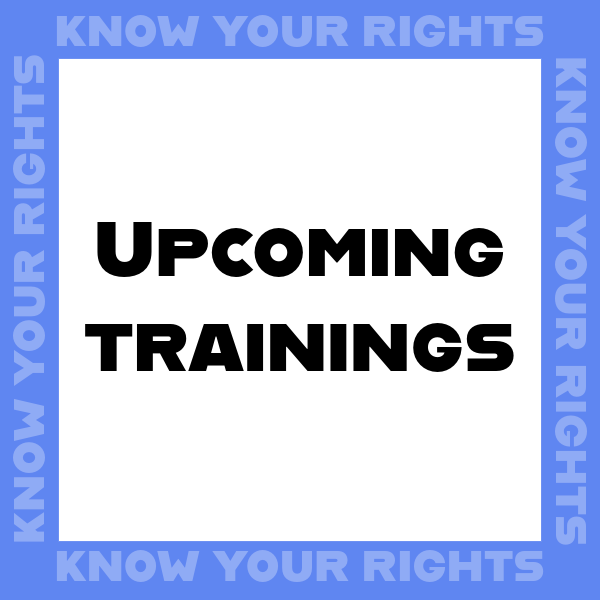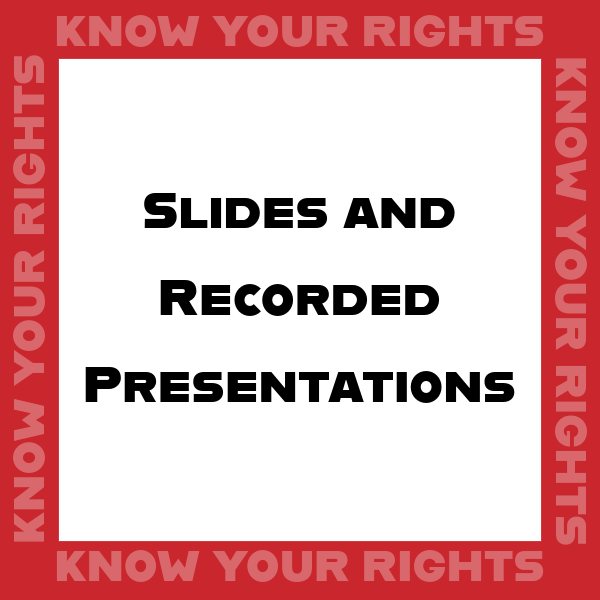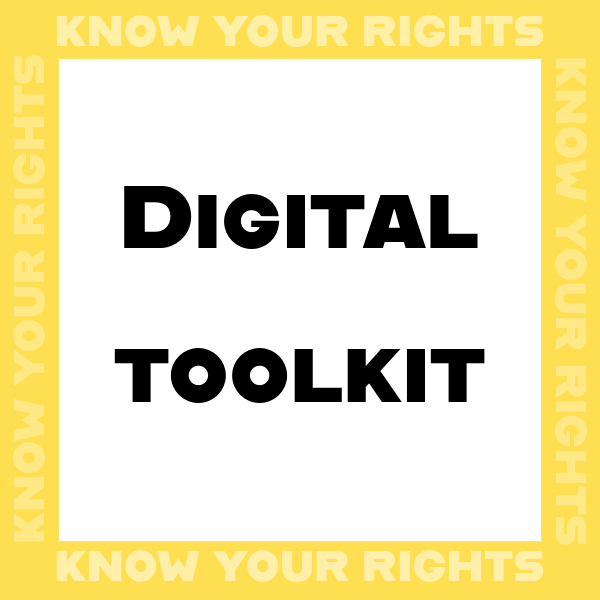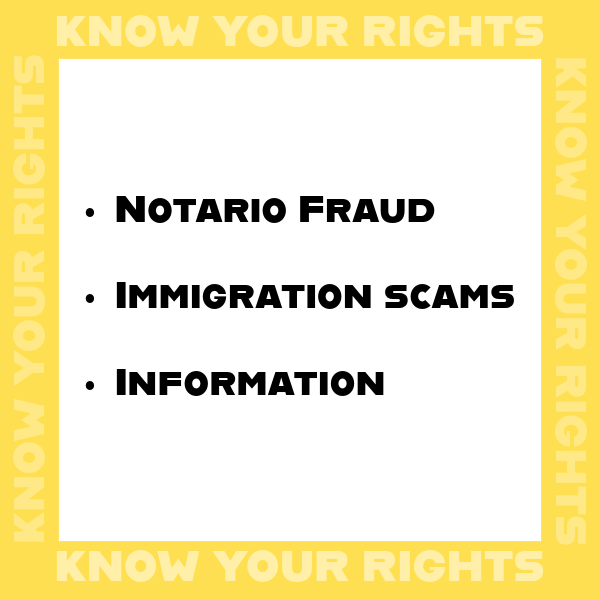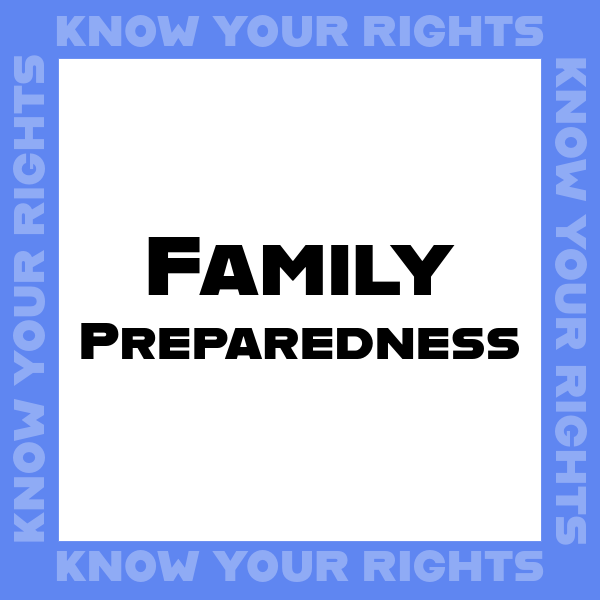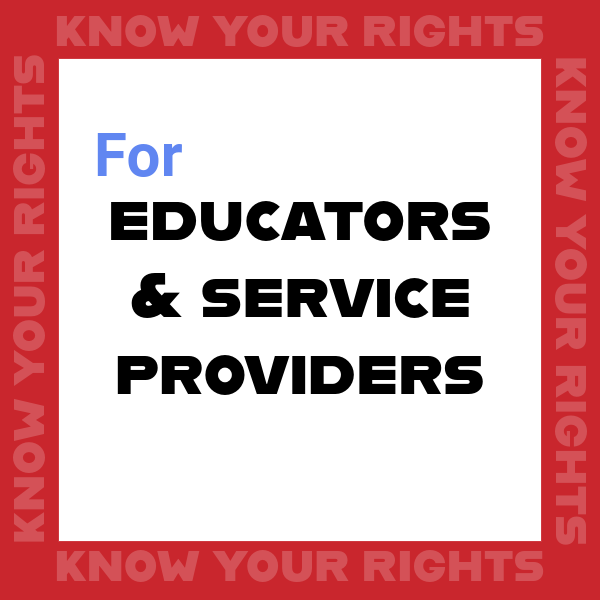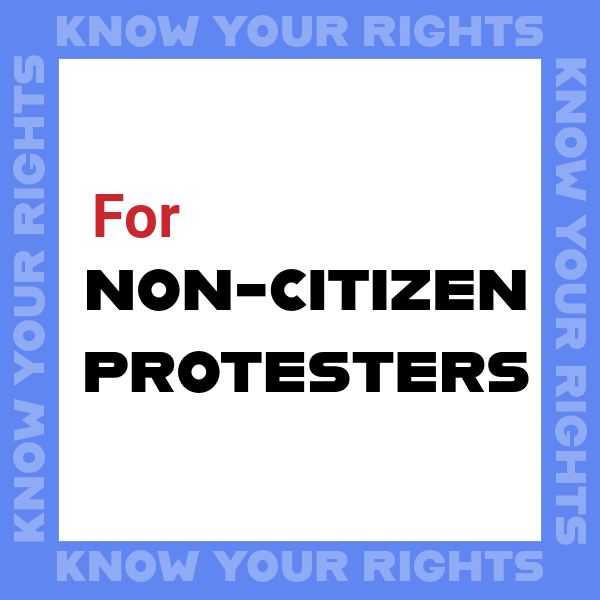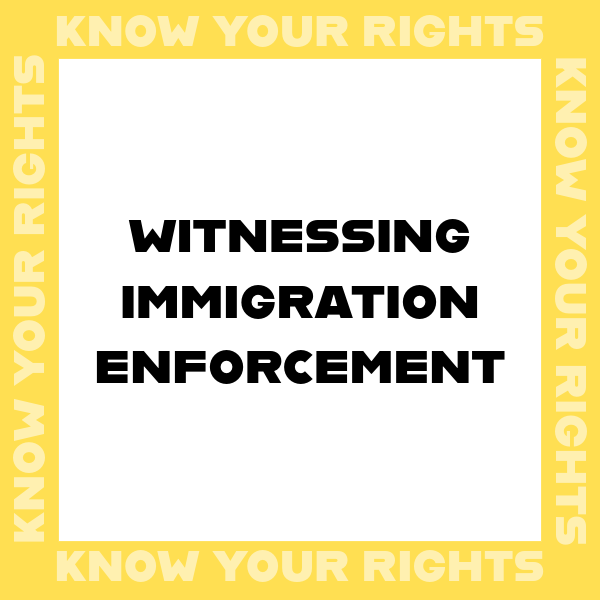Whether you’re a U.S. citizen, a green card holder, a student on a visa, or undocumented, you have legal rights.
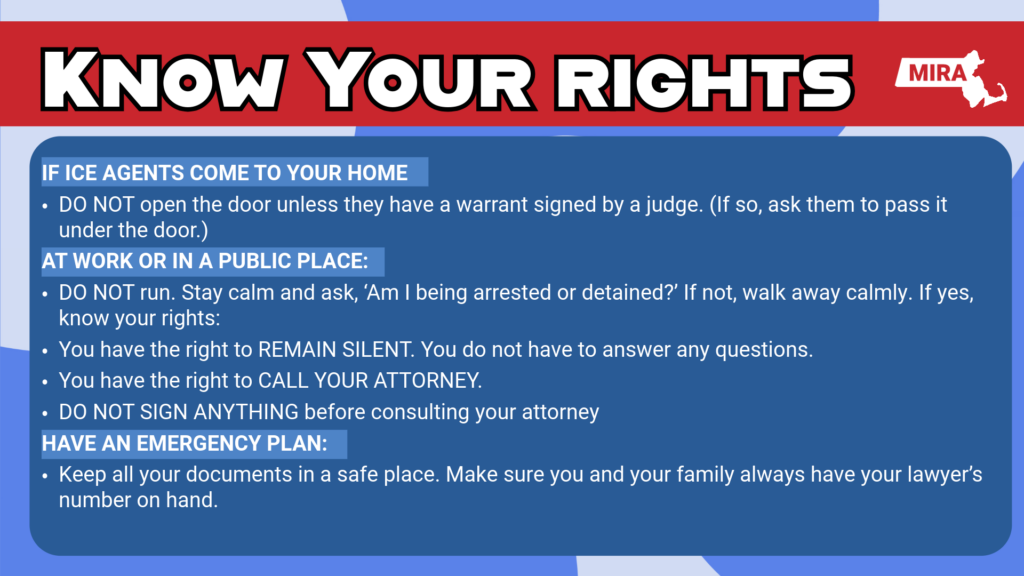
Below you will find resources for immigrants, advocates, service providers and allies who want to help ensure that immigrants know their rights in different contexts.
See also the MA Attorney General’s Office guidance for immigrants, families, and communities The guidance is now available in Spanish, Portuguese, Haitian Creole, Chinese, and Vietnamese
MIRA provides “Know Your Rights” trainings for groups, but we also encourage you to use and share the pre-recorded multilingual presentations available below. Right now, we are prioritizing community-facing events. You can fill out this form to request one.


